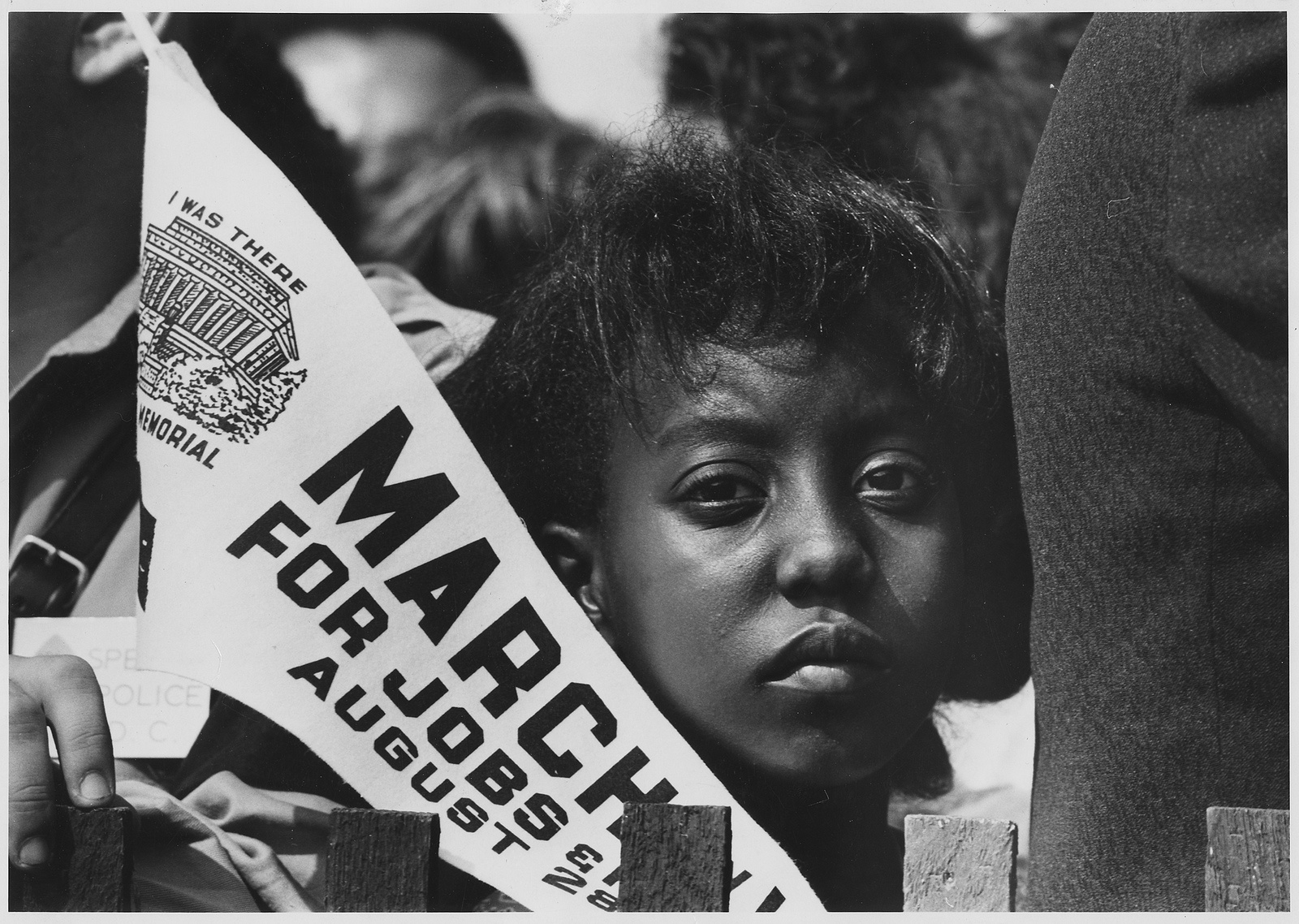History of Philanthropy
In this mini-course, we observe philanthropy embedded in the very nature of humanity. Our unfaltering belief that the world around us can be made better stretches back thousands of years. Philanthropy, from the Greek root meaning "love of mankind," comes naturally to us, and is motivated by a number of different reasons. In this course, you will learn about the philanthropic elements of ancient civilizations and various religions. Finally you will learn about the philanthropic underpinnings of major social movements in the history of the United States of America
After completing this course (about 45 minutes), the learner is prompted to take a bief quiz based on the content. Upon successful completion of this quiz, the learner may request a certificate suitable for a professional development portfolio, or as proof of .75 educational clock hours that can be used toward continuing education credit in most states. Please contact your State Department of Education or school district for specific information. Documentation of the completed courses and copies of the certificate are stored under "My Account" of the Learning to Give website where the learner may access (and print) them at any time.
The learner will
- identify some of the philanthropic underpinnings in ancient world culture.
- describe the philanthropic contributions made by the major world religions.
- identify the role of philanthropy in major social movements in the U.S.
Philanthropy is not a new phenomenon. In fact its roots can be traced back to the earliest humans and the way they interacted with one another. In this section, we will learn about the major civilizations and leaders who helped shape our modern version of philanthropy.
Faith plays a large role in philanthropic expression; all major religions have a philanthropic call to action, motivating people to give back in their local, national, and international communities. One of the most common motivations for giving and volunteering is that it is the right thing to do according to our moral obligation or faith practice. Many faiths find the path to spirituality or God through service.
All major social movements in the United States have their origin in volunteers and nonprofits taking voluntary action for the common good. The civil sector is the place for change because sometimes the government cannot or will not express the voice of a minority interest. The First Amendment guarantees our right of free speech and to assemble and petition the government. These are the tools of the nonprofit or voluntary sector.
This quiz has four multiple-choice questions based on the mini-course "The History of Philanthropy." If you answer 75 percent correctly, you will have the opportunity to download a personalized certificate. You may revisit the course and retake the quiz, if desired. There is an additional open-...
